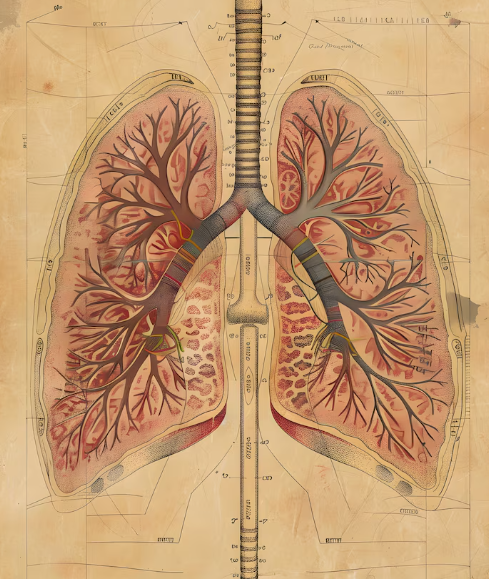How Does TCM interpret Cardiovascular

Common cardiovascular imbalances in TCM include Heart Qi deficiency, Heart Blood deficiency, Heart Yin or Yang deficiency, Blood stasis, and Phlegm obstruction. These patterns present with various symptoms such as palpitations, chest pain, cold limbs, shortness of breath, restlessness, or dizziness. Treatment in TCM involves rebalancing organ systems, promoting the smooth flow of Qi and Blood, dispelling stagnation, and calming the Shen to restore cardiovascular harmony.
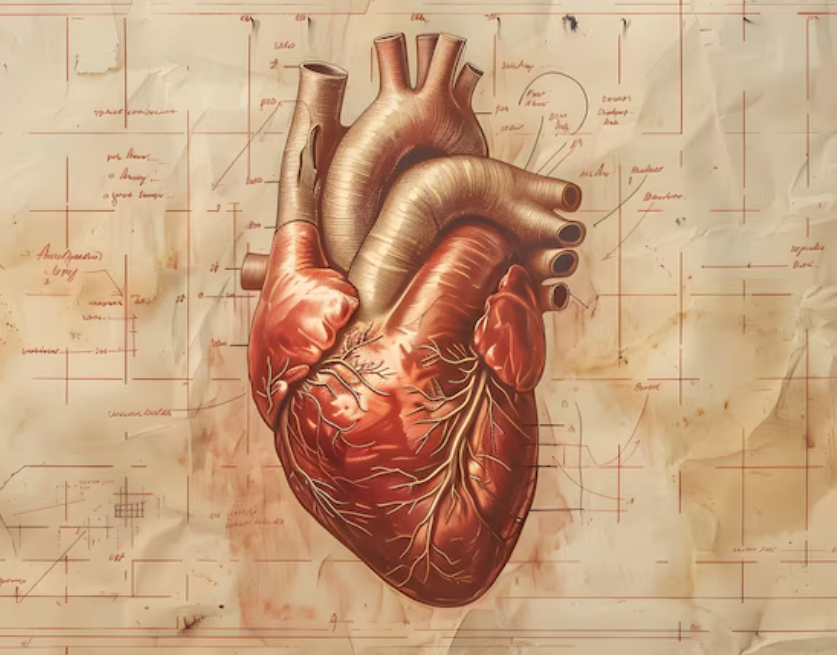
Heart (心)
In Traditional Chinese Medicine, the Heart is considered the central organ governing the cardiovascular system. Referred to as the “Emperor” of the organs, the Heart is responsible for governing Blood and housing the Shen (mind or spirit). It ensures the proper circulation of Blood throughout the body and maintains mental and emotional equilibrium. Dysfunction of the Heart can manifest as palpitations, chest discomfort, insomnia, poor memory, and emotional disturbances. Thus, both the physical and psychological aspects of cardiovascular health are rooted in the condition of the Heart.
Blood and Vessels(血,脉)
The concept of Blood and the vessels is central to TCM’s understanding of circulation. Blood is viewed as a vital substance that nourishes the organs and tissues and stabilizes the Shen. The Mai are the channels through which Blood and Qi circulate. The quality of Blood and the integrity of the vessels directly affect heart function. In clinical diagnosis, the pulse provides insight into the state of the Heart and the overall cardiovascular condition.
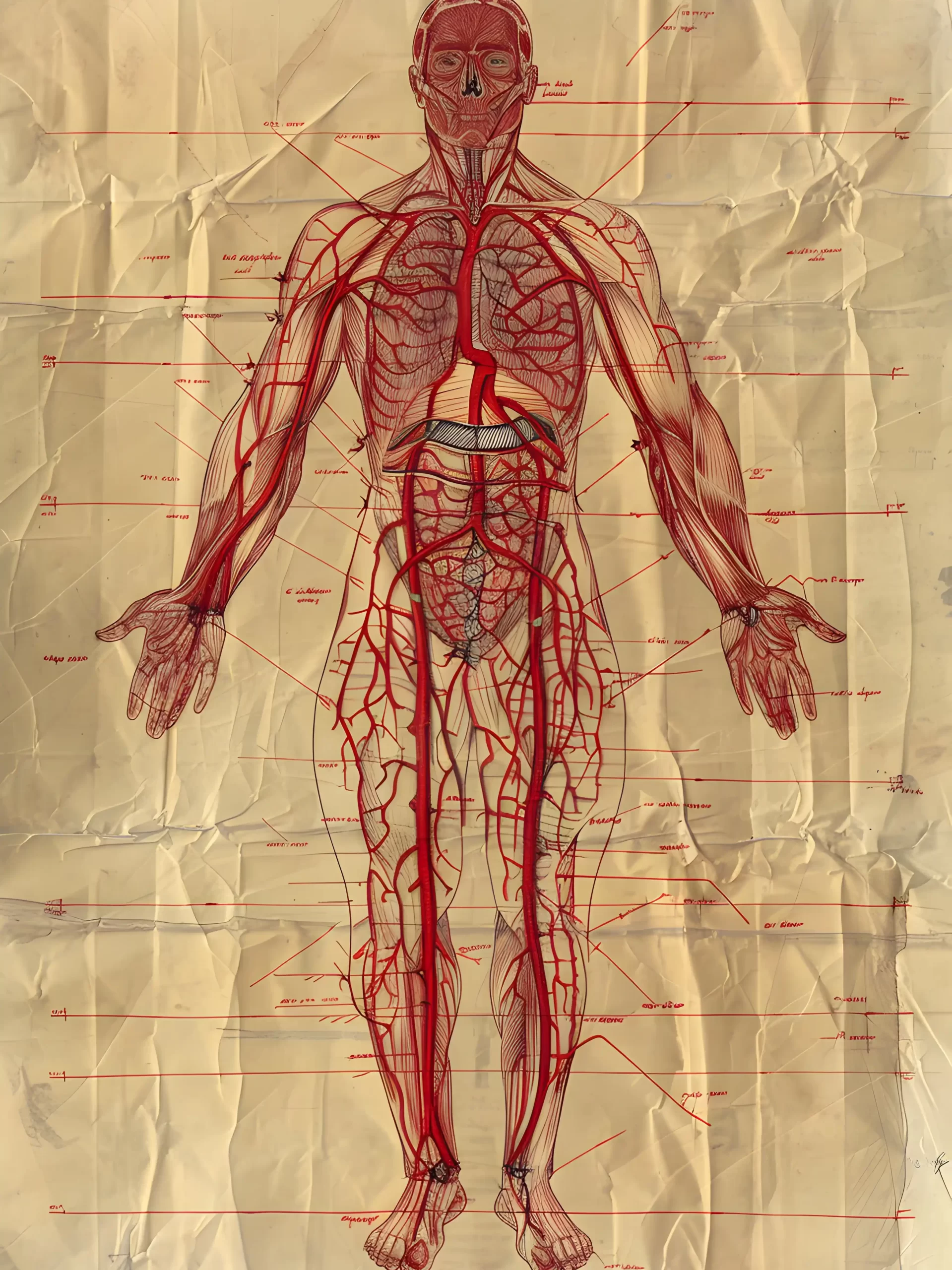
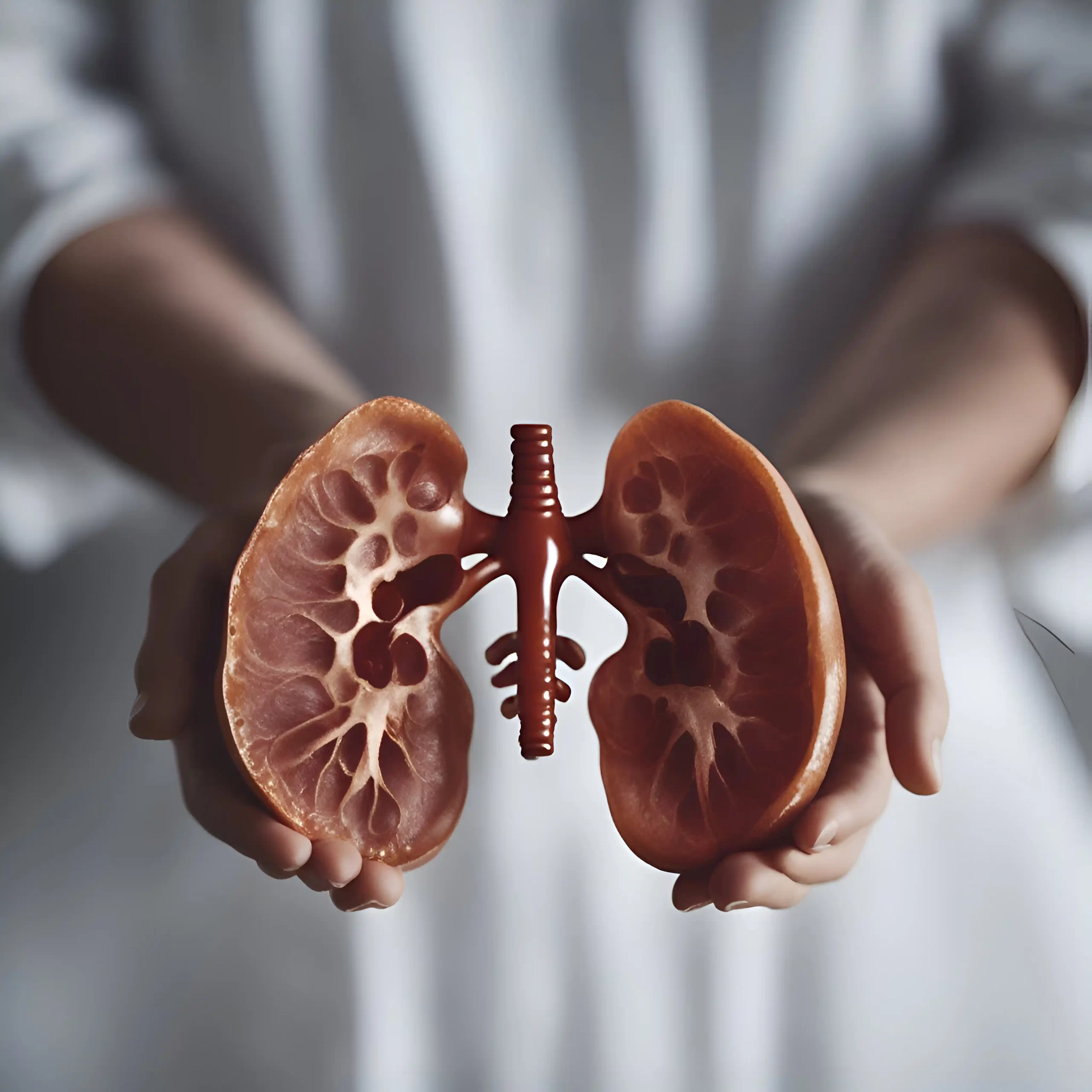
Liver (肝)
The Liver plays a crucial supporting role by ensuring the smooth flow of Qi and Blood. When Liver Qi becomes stagnant—often due to emotional stress or lifestyle imbalances—it can impair circulation and lead to symptoms such as chest tightness, headaches, irritability, or elevated blood pressure. Additionally, Liver Fire or excessive Liver Yang can contribute to cardiovascular tension and agitation of the Shen.
Spleen(脾)
The Spleen is responsible for the transformation of food into Qi and Blood, which are essential for nourishing the Heart. A deficiency in Spleen Qi may lead to insufficient Blood production, resulting in fatigue, dizziness, a pale complexion, and palpitations. Over time, this weakness may contribute to Heart Blood deficiency, which further impairs circulation and mental clarity.
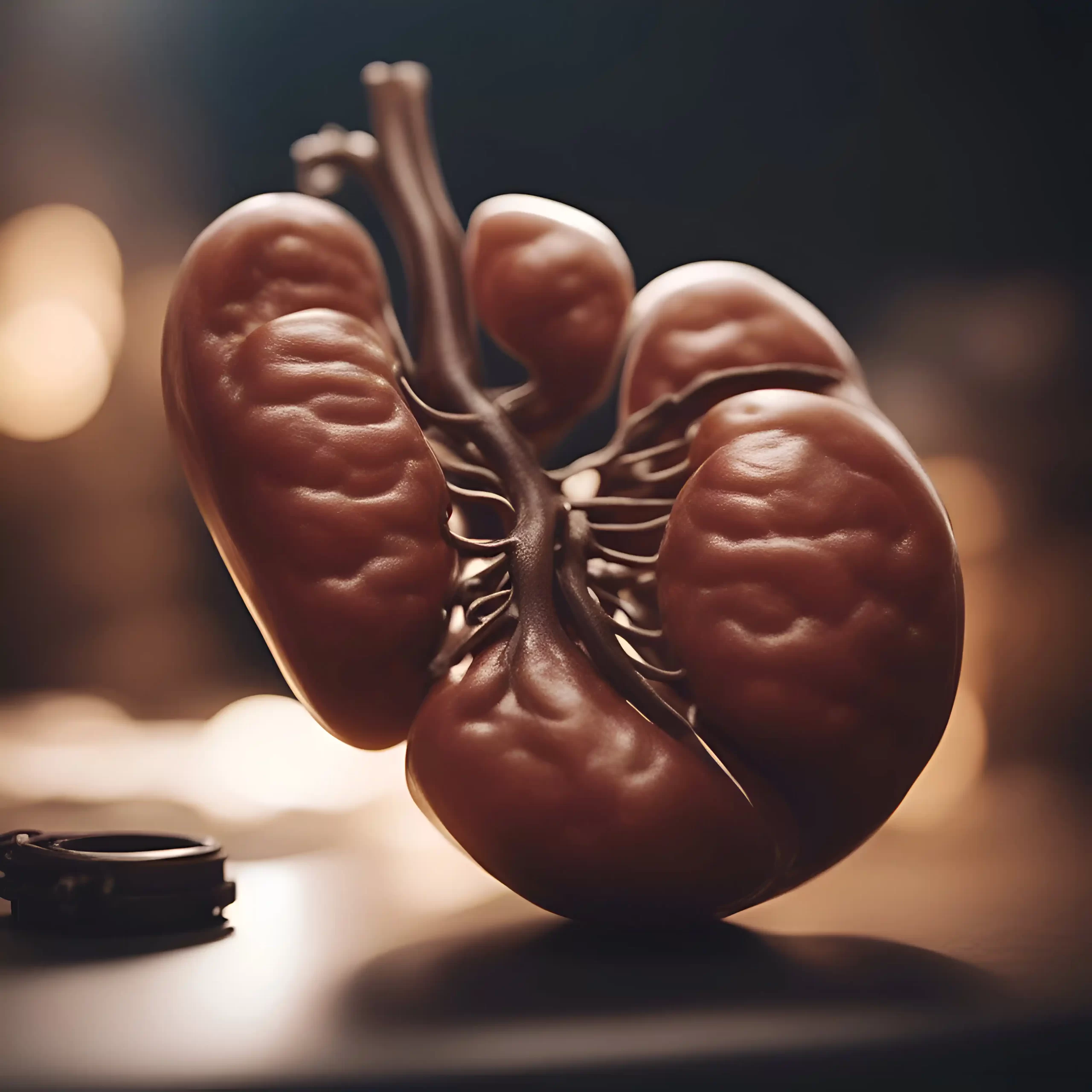
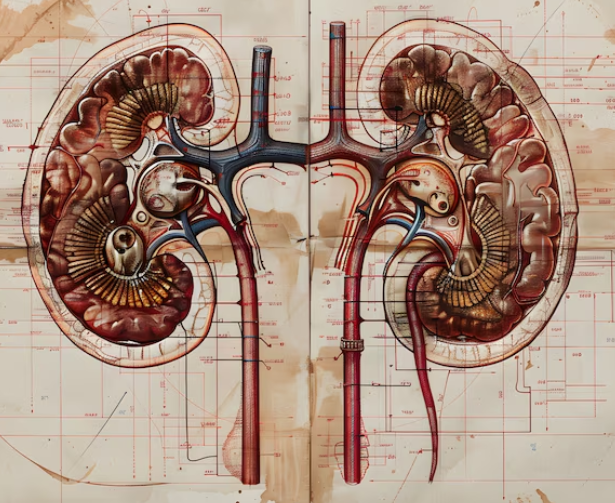
Kidneys(肾)
The Kidneys are considered the root of Yin and Yang in the body and store the Essence (Jing), which plays a foundational role in cardiovascular vitality. Kidney Yin deficiency can lead to internal heat symptoms that disturb the Heart, such as night sweats, palpitations, and restlessness. Kidney Yang deficiency, on the other hand, may cause cold extremities, weak circulation, and chronic cardiovascular fatigue.
Lungs(肺)
The Lungs also contribute to cardiovascular health by governing Qi and aiding the Heart in circulating Blood. Proper Lung function supports the distribution of Qi throughout the body and ensures that the Heart has sufficient energy to perform its circulatory duties. Impairment of Lung Qi may lead to shortness of breath, a weak pulse, and diminished heart function.
